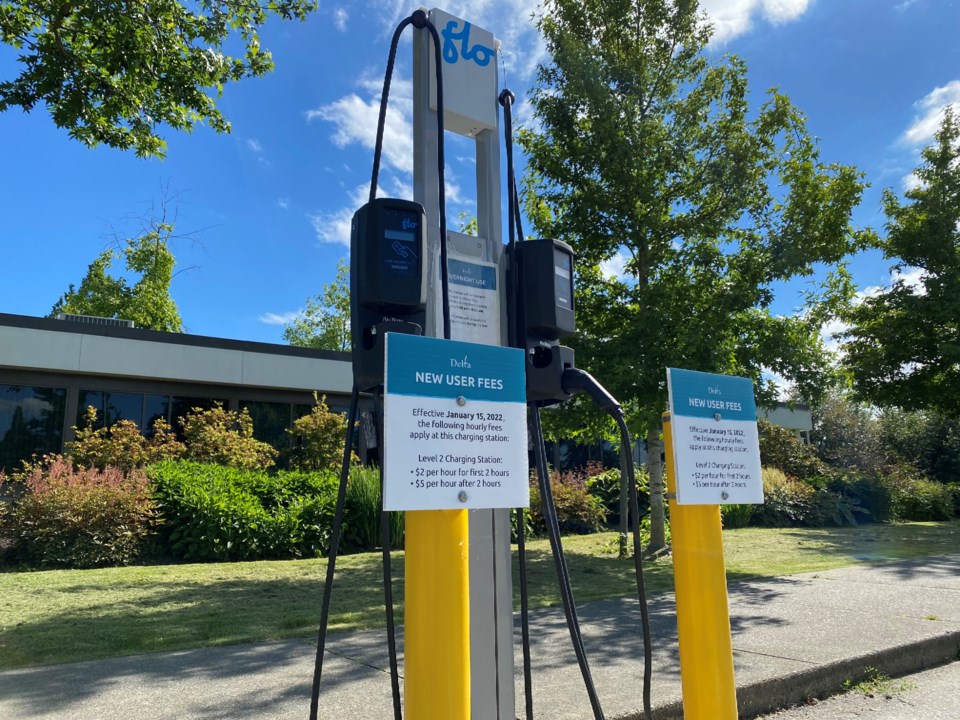The City of Delta is updating its Community Energy and Emissions Plan.
The plan, among other things, will help identify priorities for the most appropriate and effective climate action decisions for the city and community.
“Through this process we aim to understand Delta’s unique community assets, values, and needs and the steps needed to make the biggest impact. The final plan will be integrated and implemented to support Delta’s social, economic, and environmental resilience in the short and long-term,” according to a report from the city.
Staff recently wrapped up another round of public consultation through a survey and will come back to council with a draft report later this year or in early 2023.
The latest round of engagement asked residents’ input on such “big moves” as reducing emissions, considering electrifying transportation, active transportation and transit, new buildings that are energy efficient and low carbon, as well as retrofitting existing buildings.
The first round of public engagement earlier this year, which included a survey and two stakeholder workshops, found that participants feel a personal sense of responsibility to help reduce emissions that contribute to climate change and are looking to the city to lead by example.
A summary report noted, among other things, residents hope to see a variety of transit options within and beyond Delta and would also like improved transit service to Delta’s industrial areas.
Participants also imagined e-bikes replacing personal vehicles and children getting safely to and from school by active modes of transportation, and hope that, in the future, a personal vehicle is not required to live in Delta, but those vehicles that remain are zero emissions.
They would like to see more fast charging infrastructure and electric vehicles (EV) become more affordable.
The report goes on to note, “There is a belief that EV adoption is hampered by high cost of vehicles, limited charging options and long wait times at those fast chargers that do exist. It was noted that the City’s EV strategy, when implemented, will make charging easier especially for residents in multi-unit buildings.”
City council earlier this year approved a bylaw amendment for the city’s electric vehicle and electric bicycle parking and charging requirements.
The new rules will now see 100 per cent of vehicle spaces with either a dedicated Level 2 outlet or charger, as well as resident bicycle storage areas having one outlet per four bicycle spaces.
The bylaw amendment also allows for shared circuit systems for “smart charging” or “load-sharing.”
The bylaw amendment also expands on Delta’s Electric Vehicle Strategy, requiring at least one Level 2 capable outlet for new single-detached dwellings, as well as include the same requirement for each unit in a duplex dwelling.
New townhouse developments with shared parking areas must now provide charging capability for 100 percent of parking spaces, similar to multi-unit residential and mixed-use developments.
For townhouse developments with individual parking garages at each unit, the bylaw adds a requirement for one outlet capable of Level 2 charging or higher for one space per dwelling unit in a garage.



